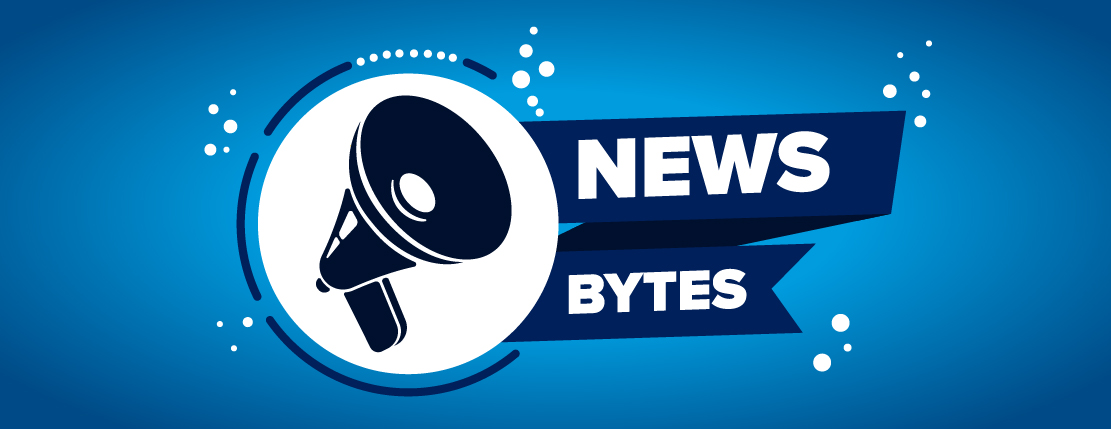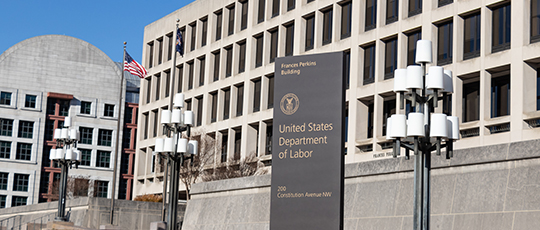- British Columbia to Raise Minimum Wage This Summer
- Southwest Airlines Announces First Mass Layoffs
- Goldman Sachs, Deloitte Ending DEI Programming
- First Rules for Artificial Intelligence Act Begin for European Employers
- Japanese Company Offers Employees ‘Hangover Leave’
British Columbia to Raise Minimum Wage This Summer
On June 1, the general minimum wage in British Columbia, Canada, will increase from $17.40 to $17.85 per hour. This follows the changes made in spring 2024 to the province’s Employment Standards Act, which mandated annual wage increases.
Minimum wage rates for residential caretakers, live-in home-support workers, camp leaders, and app-based ride-hailing and delivery services workers will receive the same 2.6% increase on June 1, according to a Feb. 14 news release.
“Minimum-wage earners are vulnerable to jumps in the price of groceries, rent and gas,” said Jennifer Whiteside, British Columbia’s minister of labor. “That’s why we took action last year to ensure the minimum wage keeps up with the cost of living so workers don’t fall further behind.”
In the U.S., more than 20 states and another 50 cities and counties increased their minimum wage rates on Jan. 1.
Southwest Airlines Announces First Mass Layoffs
Dallas-based Southwest Airlines recently announced plans to cut 1,750 jobs, or 15% of its corporate and leadership workforce.
“This decision is unprecedented in our 53-year history,” Southwest president and chief executive officer Bob Jordan said in a statement.
According to the New York Times, the cuts will mostly affect corporate staff positions, including 11 senior leaders with titles of vice president or higher. Most of the cuts will start in late April and be carried out by the end of June.
The airline said the job cuts are projected to save the company about $210 million in 2024 and $300 million in 2025. However, those figures do not include a one-time cost of $60 million to $80 million to pay out severance and other benefits to impacted workers.
Goldman Sachs, Deloitte Ending DEI Programming
Two more organizations have joined the growing list of businesses rolling back their diversity, equity and inclusion (DEI) initiatives after U.S. President Donald Trump issued his executive order last month to terminate related policies on the federal level.
The Guardian reported banking giant Goldman Sachs will end a four-year-old policy to only take public companies that had two diverse board members, while consulting and accounting firm Deloitte announced it would “sunset” its annual DEI transparency report. Deloitte employees were also instructed to remove pronouns from their email signatures.
In an internal memo seen by the San Francisco Standard, Doug Beaudoin, Deloitte’s chief people officer, said the company will continue fostering an inclusive culture while ending DEI programming to be “fully compliant with federal anti-discrimination laws.”
First Rules for Artificial Intelligence Act Begin for European Employers
As reported by Reuters, certain practices, such as provisions on artificial intelligence (AI) literacy and prohibited AI uses, in the European Commission’s Artificial Intelligence Act went into effect on Feb. 2. The Act was passed on Aug. 1, 2024, with the goal of being fully implemented in two years.
According to Reuters, the Act mandates “employers cannot use webcams and voice recognition systems to track employees’ emotions, while mobile [closed-circuit television] cameras equipped with AI-based facial recognition technologies for law enforcement purposes are prohibited, with limited exceptions and stringent safeguards.”
Additional prohibited practices include AI-enabled dark patterns embedded in services designed to manipulate users into making substantial financial commitments, and AI-enabled applications that exploit users based on their age, disability or socio-economic situation.
Japanese Company Offers Employees ‘Hangover Leave’
To stay competitive in the job market and attract young professionals, Trust Ring Co., Ltd., a technology company based in Osaka, Japan, is offering free alcohol at work and hangover leave (the ability to come into work late the next day) for those who choose to take advantage of the perk.
Fortune reported the workers make 222,000 yen per month, the equivalent of just under $17,500 per year in the U.S.
“Our salary is set just over minimum wage, and we can’t use a lot of money, so they’re free to do what they want,” company CEO Katsuhito Takeuchi told Kansai TV. “I think it’s a good idea to have a more enjoyable working environment.”
According to Takeuchi, the company has good performance, and zero employees have left in the past three years. The company currently employs about 60 people.
Editor’s Note: Additional Content
For more information and resources related to this article, see the pages below, which offer quick access to all WorldatWork content on these topics:








